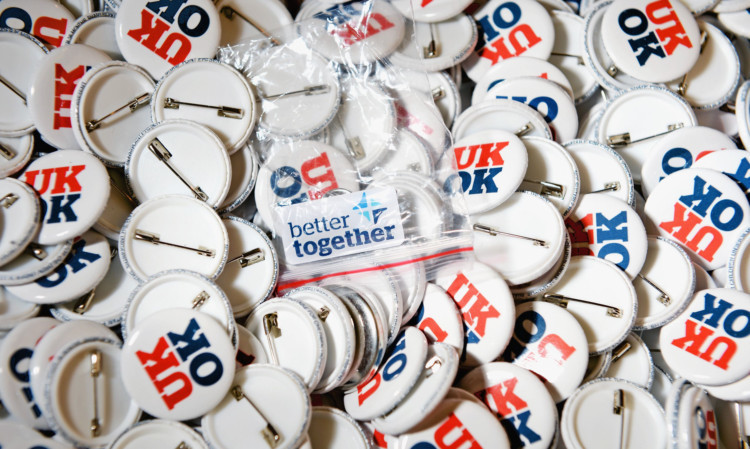The ‘no’ campaign has a nine-point lead ahead of Tuesday’s publication of the white paper on Scottish independence, according to a new poll.
The Panelbase survey for The Sunday Times and Real Radio Scotland puts support for a Yes vote at 38%, with those backing a No vote at 47%.
A total of 15% said they did not know which way they would go.
Pro-independence campaigners said the poll shows they need less than a five-point swing to take the lead.
The study of 1,006 Scottish adults also explored people’s attitudes to the possible impact of independence on the economy and their own wealth.
Some 44% of those polled said Scotland would be financially worse off under independence, while 32% felt the country would be slightly or much better off.
Voters were also asked whether they believed they would personally be better off in an independent Scotland.
Some 26% said they thought independence would leave them at least £500 a year worse off, while 15% said it would put at least an extra £500 in their pockets.
But a significant number, 34%, said it would make little difference.
While 29% believe the value of the state pension would fall, 25% expect it would increase and 19% think it would not change.
